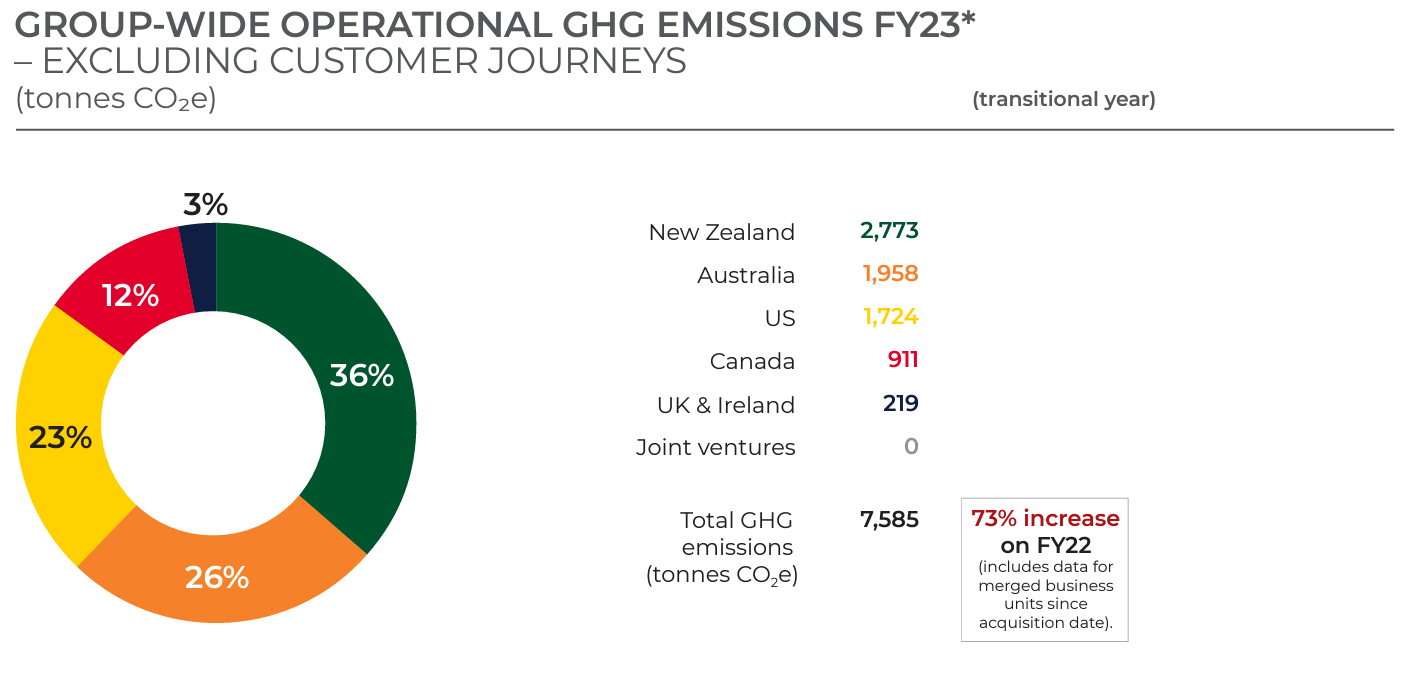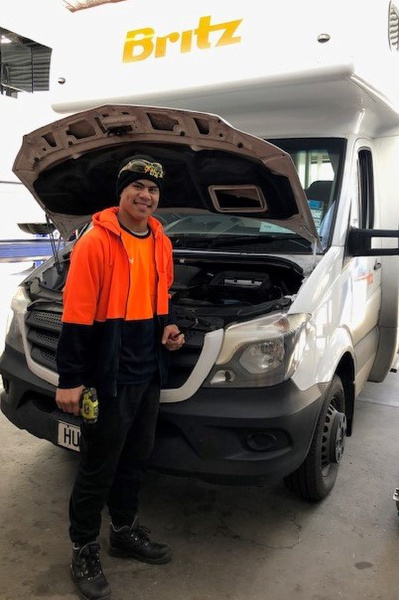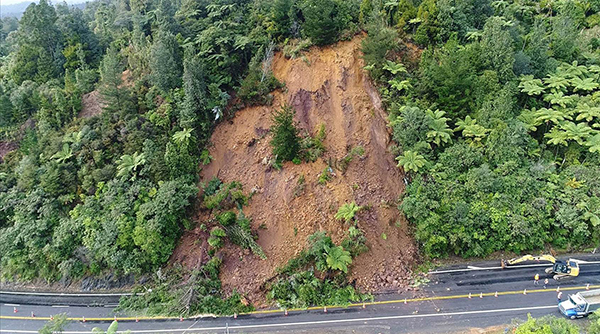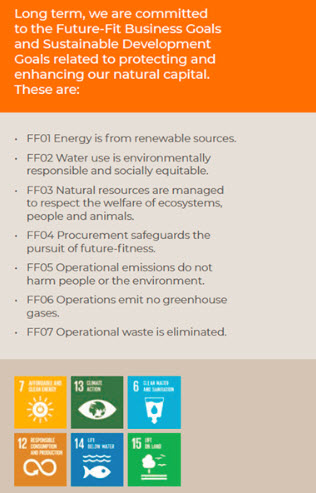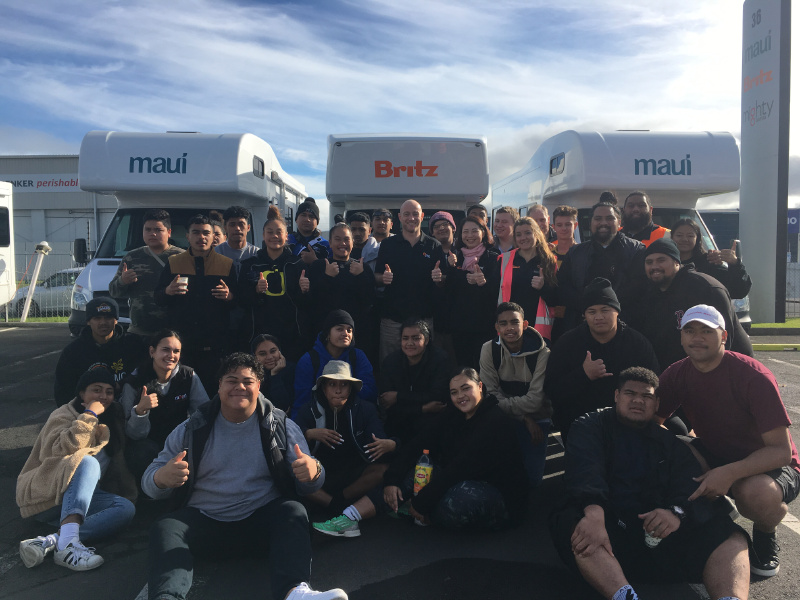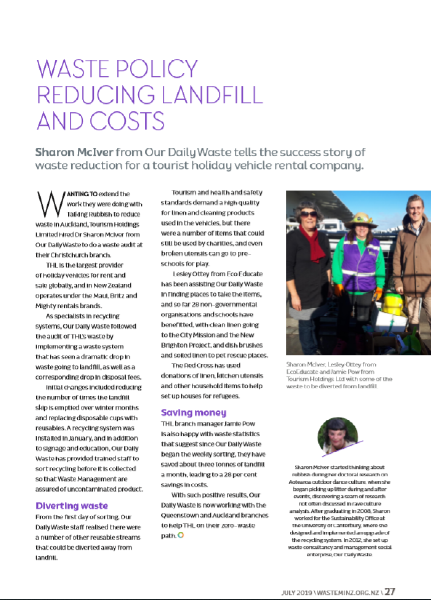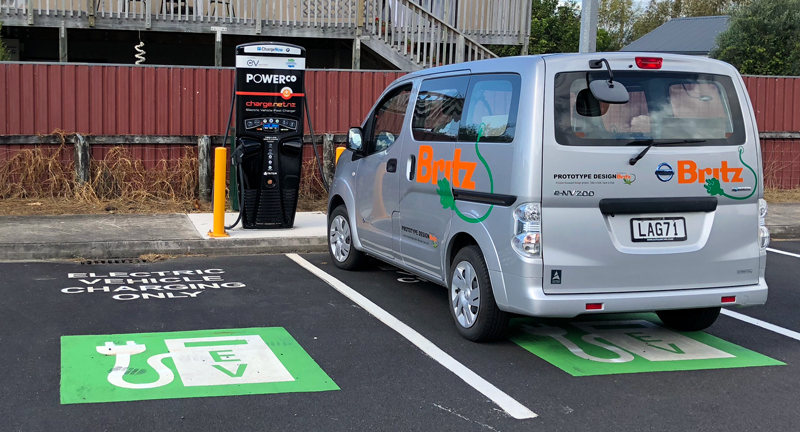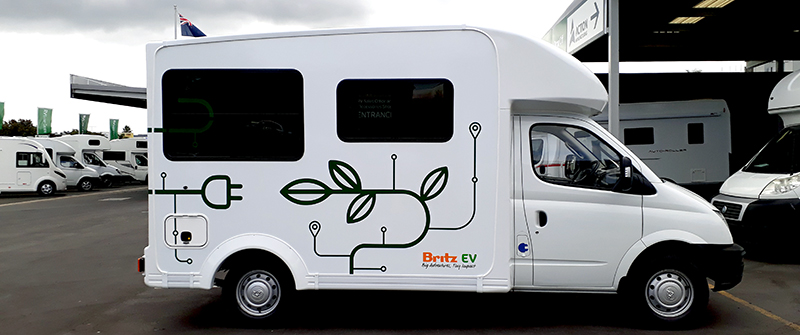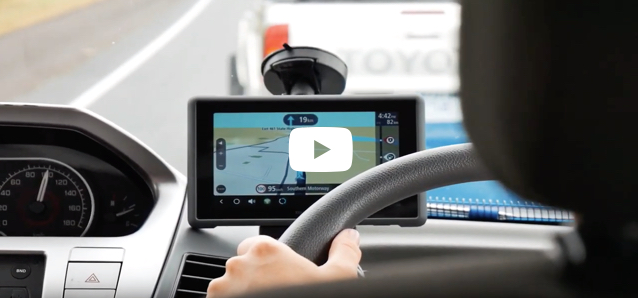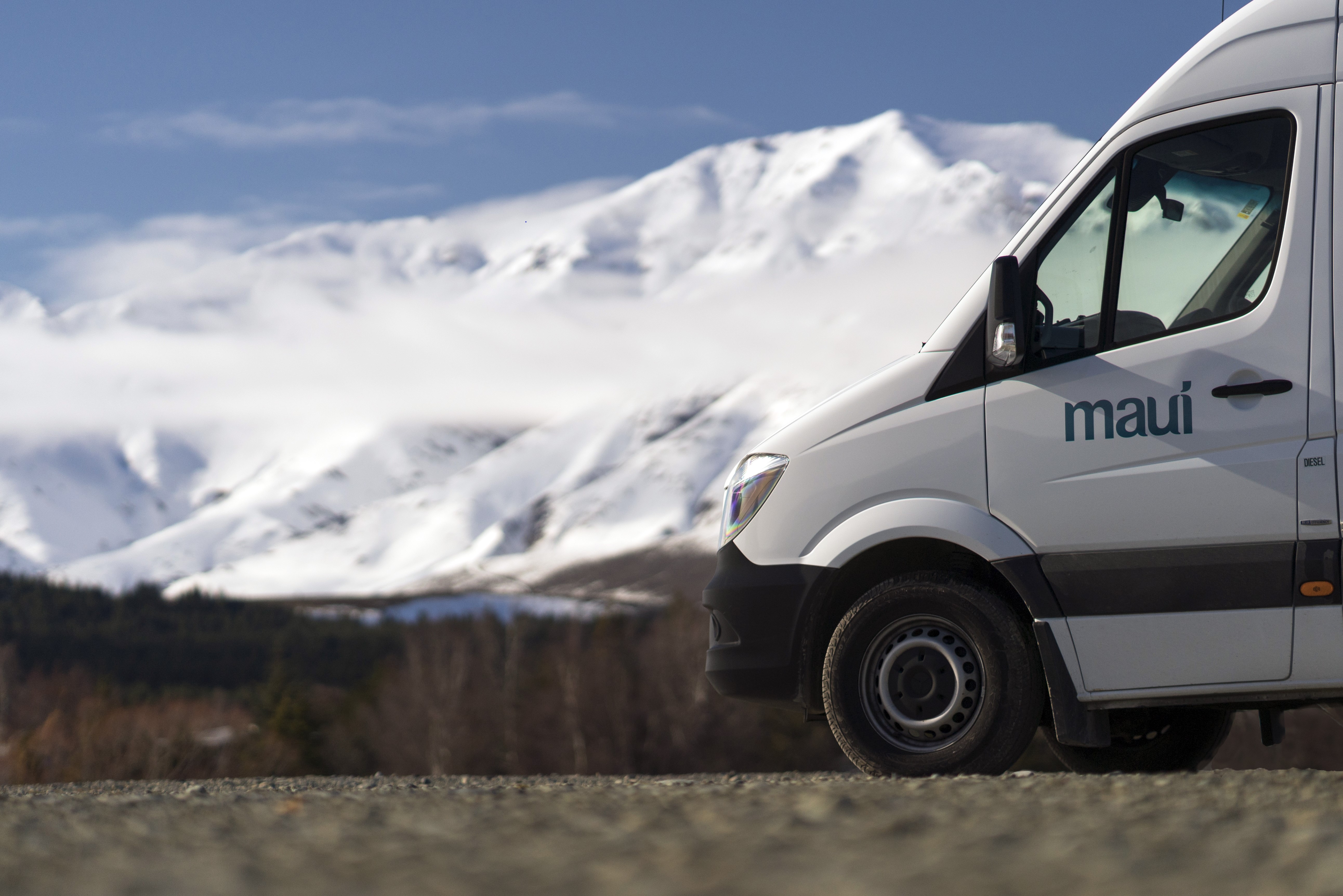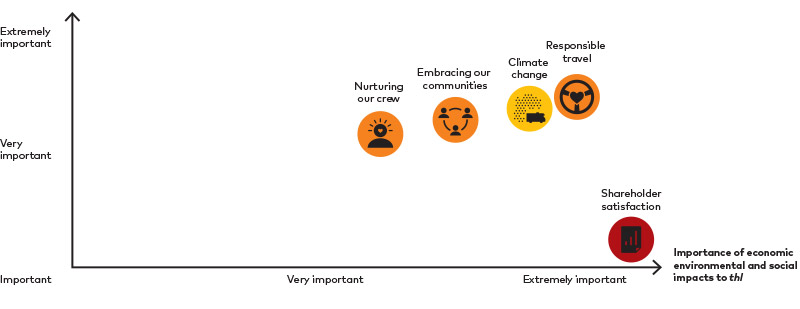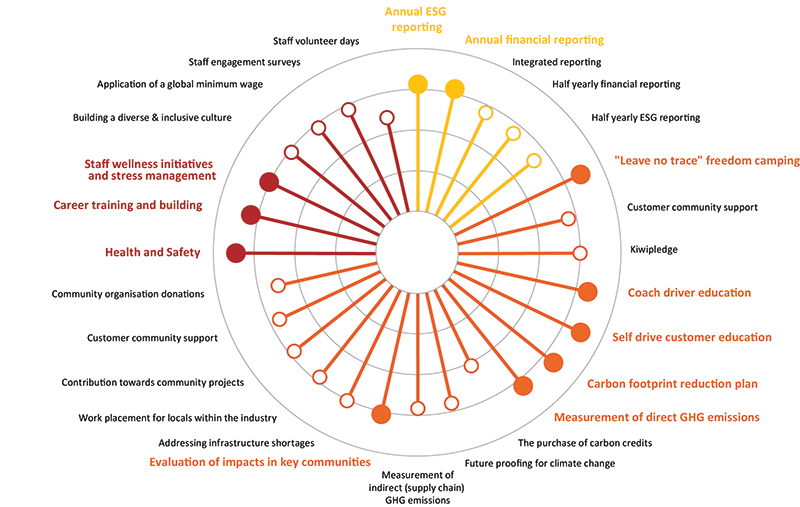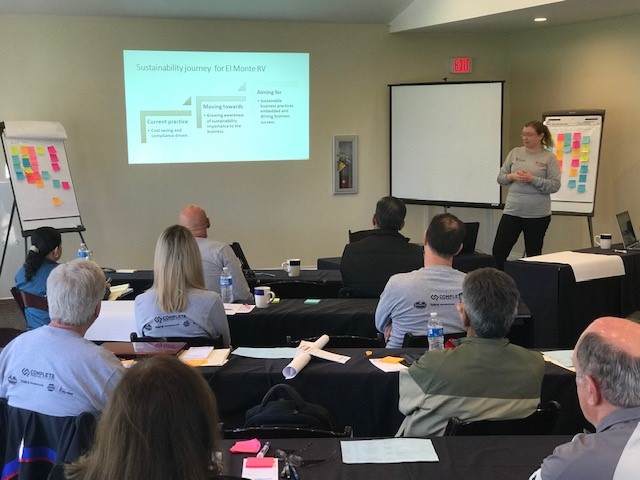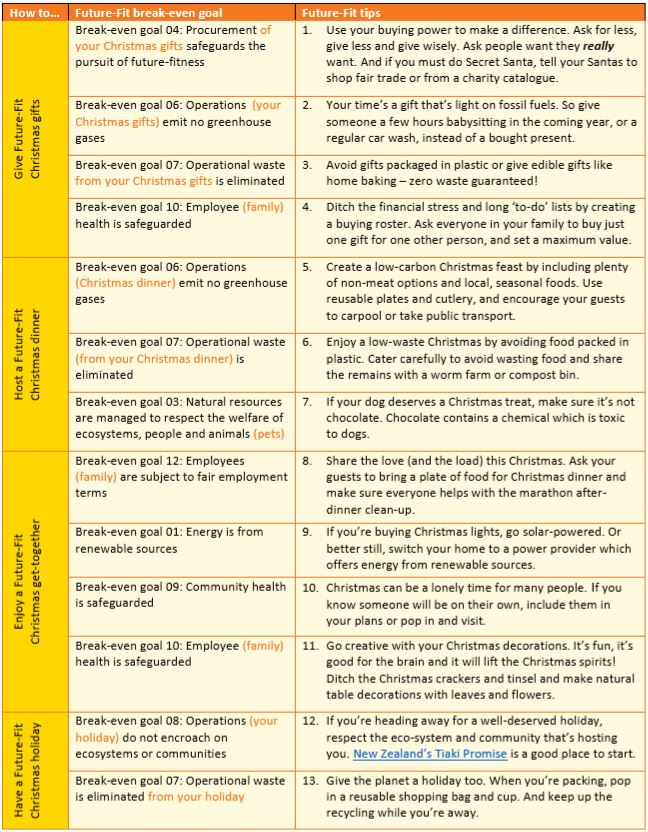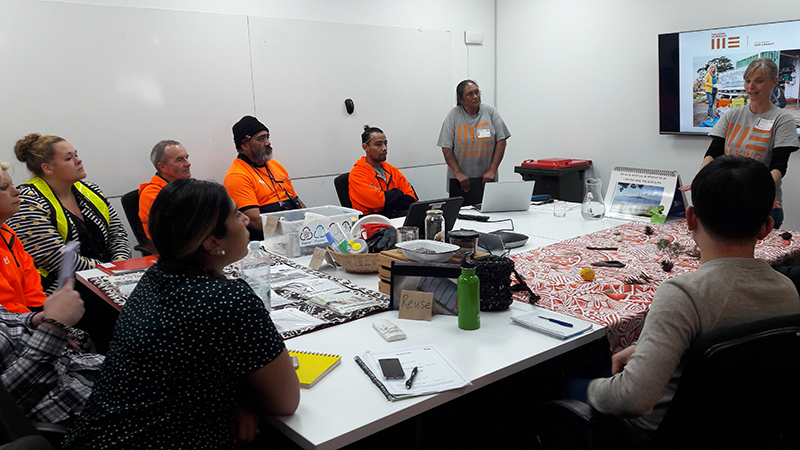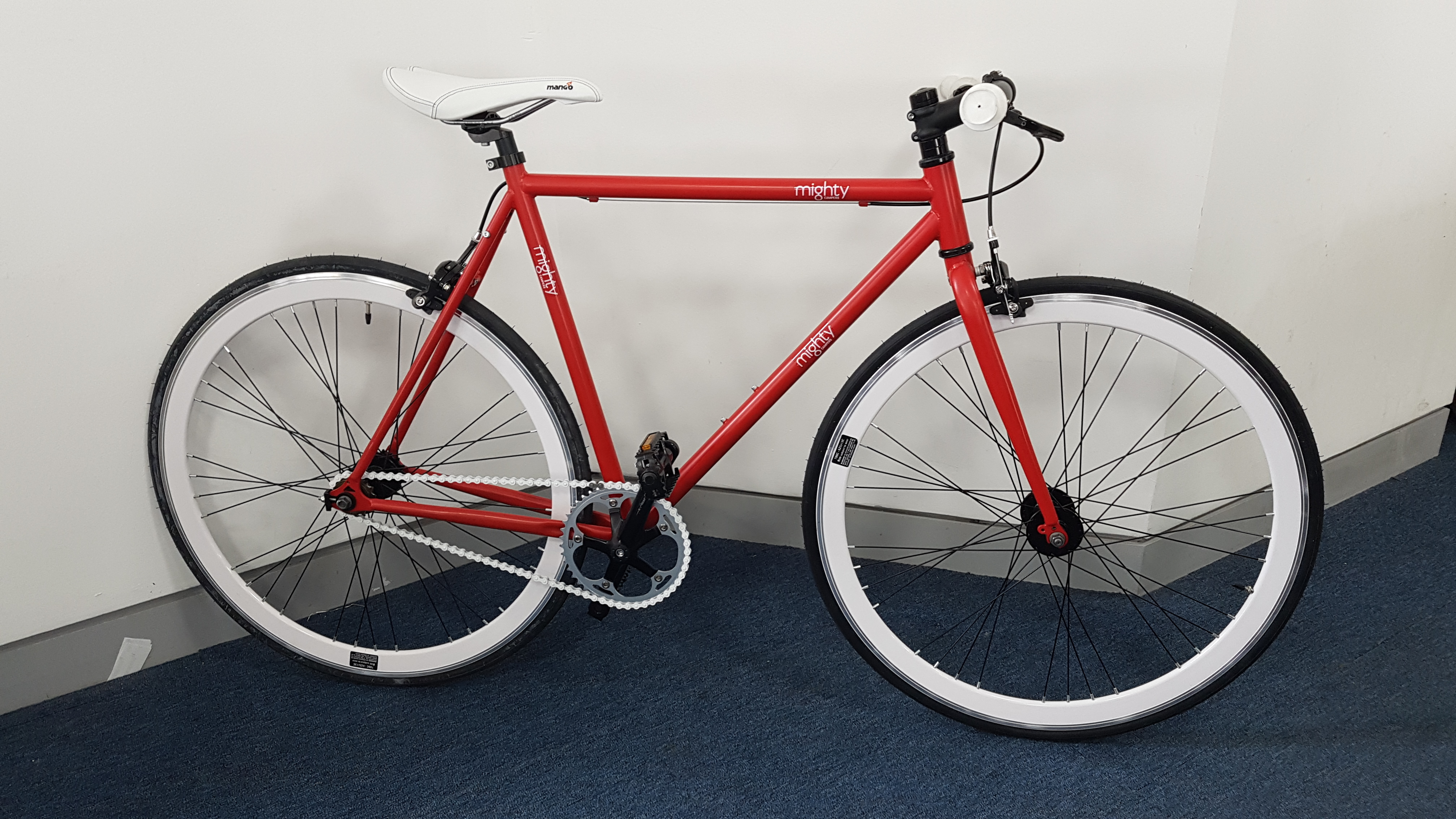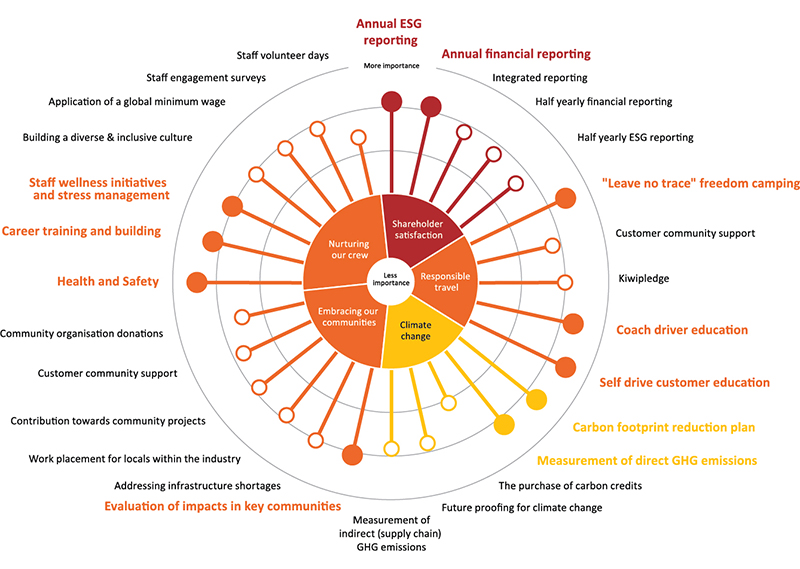Carbon Footprint - FY20
Being a Future-Fit business means managing, minimising and ultimately eliminating our Greenhouse Gas emissions (GHG).
COVID-19 had a profound impact on our operational emissions in FY20. In the last quarter of the reporting period, emissions across all business units fell 68%.
Given the impact of COVID-19, customer journey emissions have continued to be reported separately however, these will be integrated into our Scope 1 emissions in our next Annual Integrated Report.

- Absolute GHG emissions in 2019/20 total 6,439 t CO2e across all business units, all countries. This is a 19.7% decrease on 2018/19 total emissions.
- NZ operations account for 36% of all emissions. Australian operations account for 24%. Operations in the US accounts for 37% and JVs, based on ownership share, account for 3%.
- Emissions from NZ operations totalled 2,300 t CO2e. This is a 13.6% decrease on the previous reporting period and a 31.9% reduction against the 2016/17 Base year.
- Emissions from Australian operations totalled 1,571 t CO2e. This is a 25.9% decrease on the previous reporting period and a 29.1% reduction against the 2016/17 Base year.
- Emissions from US operations totalled 2,373 t CO2e. This is a 20.4% decrease on the previous reporting period and a 15.6% reduction against their 2017/18 Base year levels (no measurement made for 2016/17).

Customer journey emissions - associated with customer use of the thl motorhome rental fleet. These are Scope 1 emissions for thl but are being measured, monitored and reported on separately from other organisational emissions currently. Customer journey emissions for 2019/20 across NZ, Australia and USA totalled 61,785t CO2e. This is 23.8% less than the total in 2018/19.
Our FY20 carbon footprint has been independently verified by McHugh & Shaw. It is considered consistent with the mandatory requirements of ISO14064-1:2006 with a 5% marteriality threshold, Limited Assurance.
Our FY21 carbon footprint will be published in our next Annual Integrated Report.

Our operational carbon footprint includes:
- Scope 1 - Transport fuel used in our company cars and fuel used in our sites (LPG, natural gas, diesel) excluding customer journey.
- Scope 2 - Emissions associate with purchased electricity.
- Scope 3 - Diesel used in leased Kiwi Experience coaches and fuel used by staff commuting to work; air and taxi travel; waste sent to landfill; motorhome maintenance materials (replacement tyres and batteries, water and wash chemicals).
Note: Operational carbon footprint excludes customer journey emissions which are in Scope 1 but reported on separately.
- Scope 1 emissions, from the direct combustion of transport and stationery fuels by company-owned vehicles and within owned premises respectively, made up 18% of all emissions.
- Scope 2 emissions from the generation of purchased electricity account for 24%.
- Indirect scope 3 emissions from the combustion of diesel in leased coaches, staff commuting, disposal of waste, air and taxi travel, material use and disposal, and new motorhome deliveries account for 58%.



